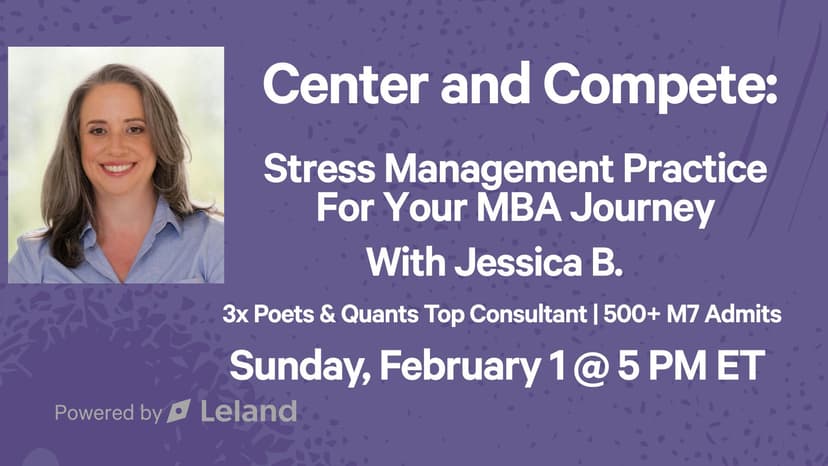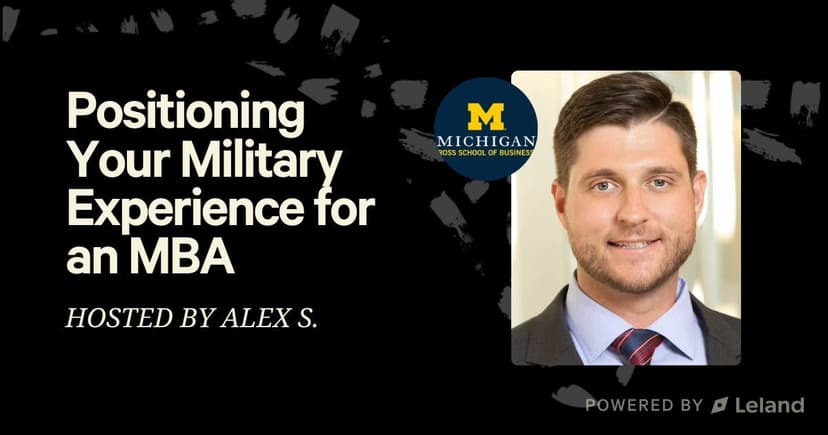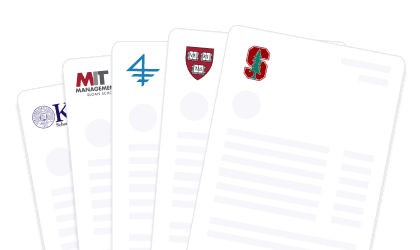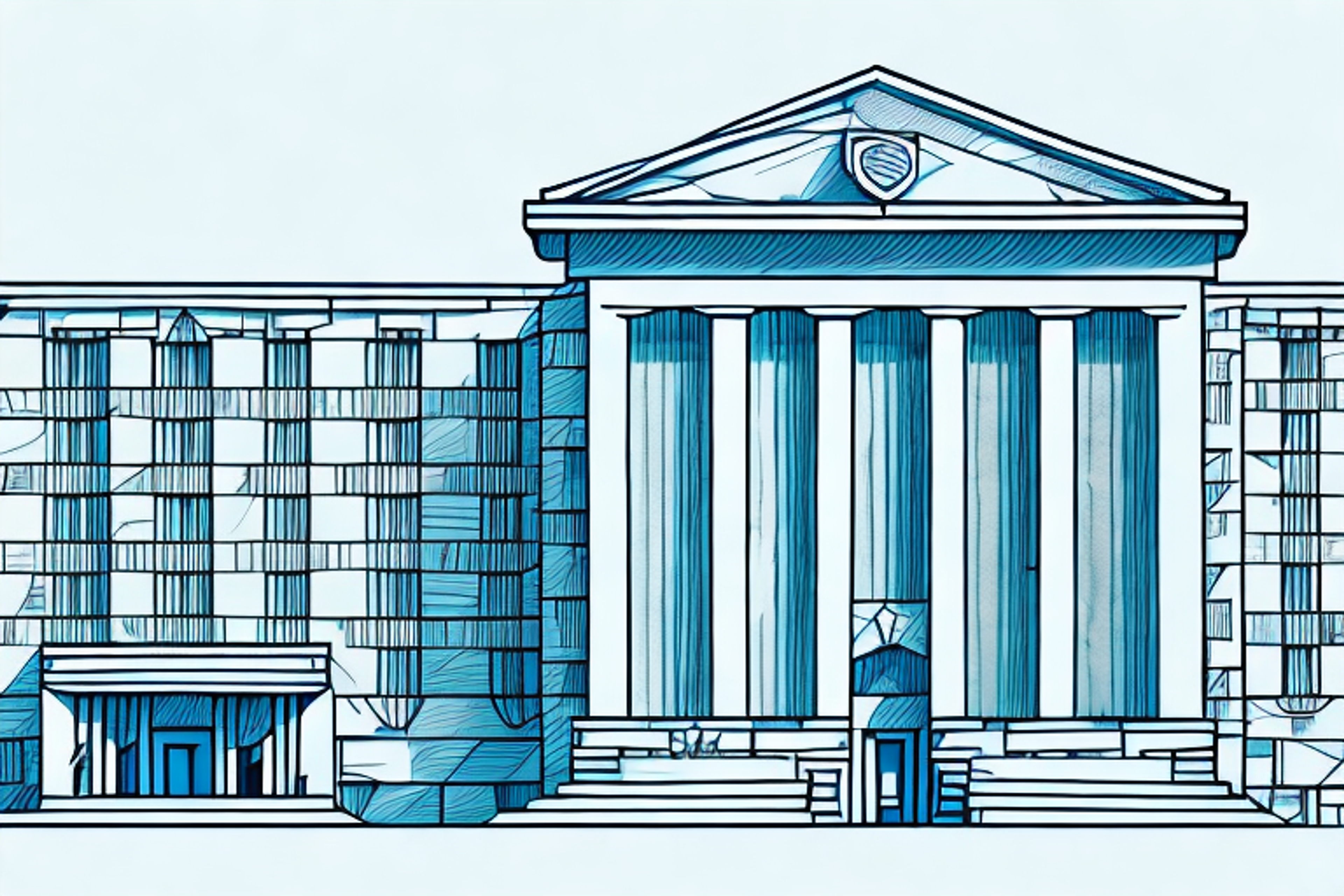
Join a free event
Learn from top coaches and industry experts in live, interactive sessions you can join for free.
ChatGPT is to a personal narrative what a 3D sketch is to a building under construction. As someone who happens to care deeply about the deterioration of art and creativity at the hands of “artificial intelligence”, I’ve been as encouraged by what ChatGPT can’t do as I have by what it can. Natural language models have percolated across sectors for decades, but this close-to-home, consumer-facing instantiation leaves many people feeling (rightfully) pessimistic about whether application essays are going to be a thing of the past. And I get it. Anybody can use this thing, and it seems to “do the writing for you”. Why bother writing your own essay if you’re just going to be outdone by a machine that hands a better essay to someone else?
Keep Writing – You’ll Stand Out Simply by Trying
At least in the short term (say, three to five years), I actually think the opposite effect will take hold. As universities onboard AI-detection software faster than you can say “Chatbot class of 2023”, my hunch is that (lazy) applicants will become overly reliant on these tools, imagining themselves more prepared than they really are. They’ll stick too closely to what some blind language model says after not-so-cleverly inputting their resume bullets and factoids from their life into prompt form. Here’s an example of what this might look like:
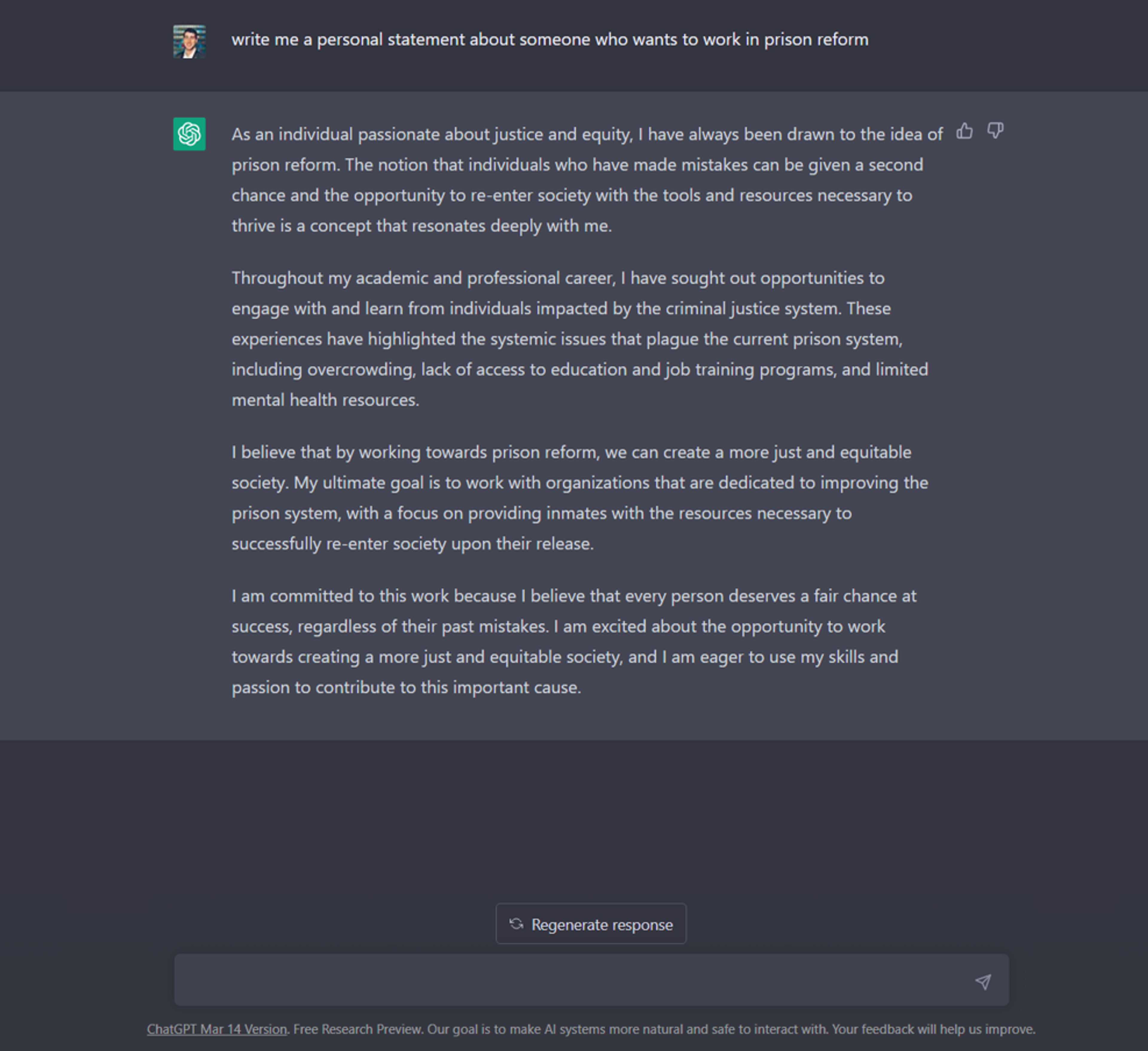
First off – not too bad! You can use some of this experimental phrasing if you believe it. But notice that there’s nothing personal in this essay. It’s “well-written” only in the sense that the words form logical strings, lack syntactical errors, and are theoretically on topic. Fortunately or unfortunately (depending on your view), language models can’t effectively weave together your narrative under a given theme because they literally don’t know who you are. Sentences like “ I am committed to this work because I believe that everyone deserves a fair chance at success…” are nice and all, but they’ll ultimately read hollow to admissions personnel. Why? Aside from maybe serving as the first or last sentence of your essay, they’re completely devoid of a protagonist, relevant chronology, reflection, or emotion. And in the time it would take to create 27 prompts to hyper-train this model on your whole life, you could have just written several drafts of the essay in your own words anyway.
In short, ChatGPT can write you a statement, but not a personal statement. It can be a great tool for getting you off the ground with an initially written scaffolding, but it can’t tell you when to stop writing, transition ideas effectively, or tie them together in a momentum-building narrative.
Specific Experiences Aren’t Just Good Stylistically – They’re Essential for Your Narrative to Hold Water
We can all applaud young Chadley’s passion and vision for reforming a beleaguered corner of society, but the lack of tangible experience makes his response above almost entirely vacuous. As someone who helps people write these kinds of personal narratives and has worked in this space, I’d push Earl Chadford IV to cite something specific he’s done:
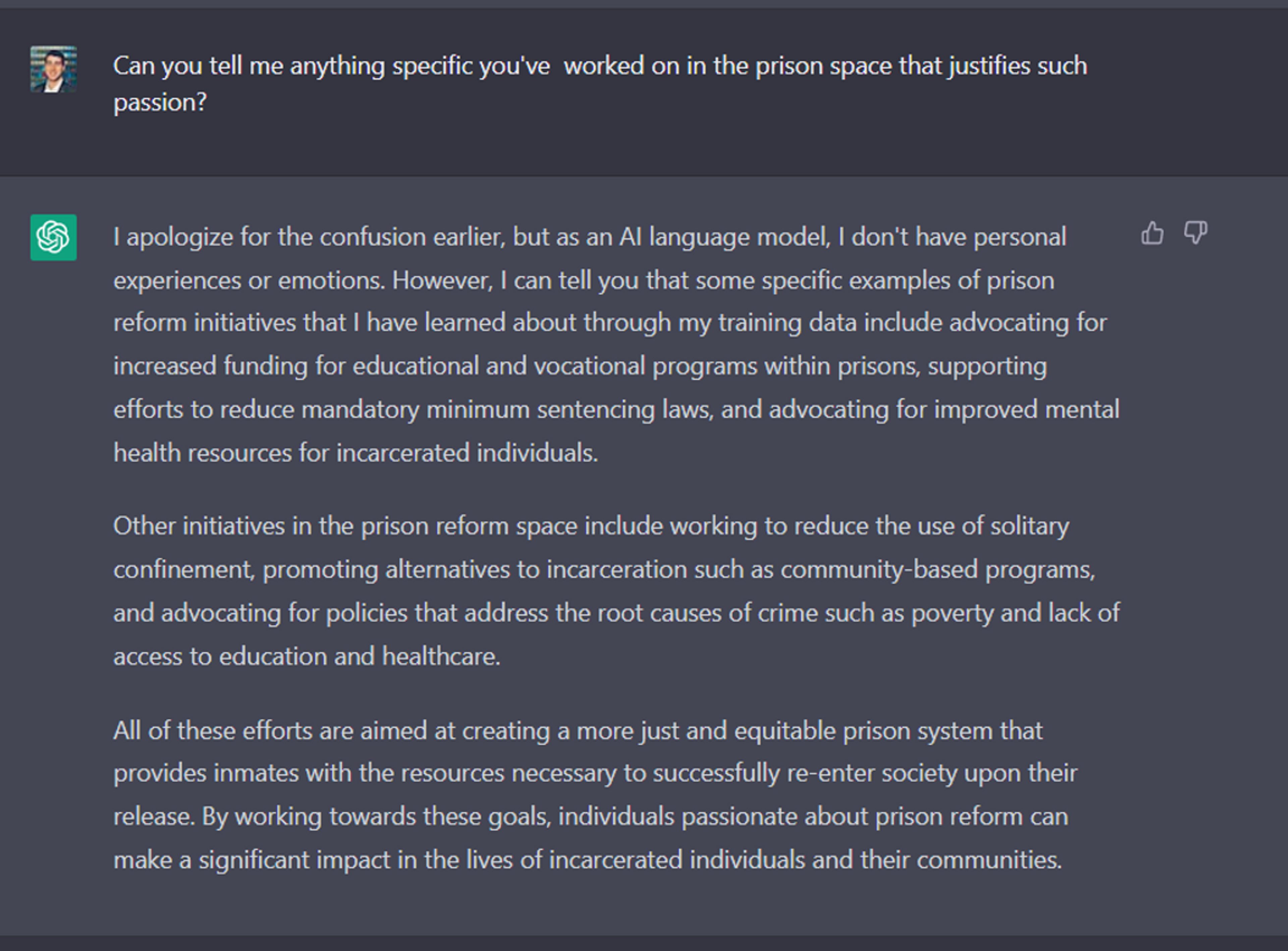
Oh right – so if the “trained data” would change to say, anything else, all that deep-seated passion would dissolve. Notice that while you might be able to port over some language from our most gifted Sir Chadsalot, you still need to do all the important writing yourself. What about your career speaks to the narrative you’re trying to craft? Past behavior is going to be an even more important indicator of future behavior in the age of AI because there’s no other way to justify your otherwise grand ambitions.
Take another example. If your essay is randomly about starting an EdTech company or becoming a CEO in the auto industry—my question isn’t just why, but how? How is an admissions person supposed to believe you? If you’ve worked in meaningful roles within the industry already, great! If you’ve gravitated towards that work in an investing, consultative, or other capacity—also workable! If you spent five years trading derivatives and now want to run that same EdTech business – tough sell! Someone looking to hire or admit you needs to be able to tether your ambitions to something demonstrable in your past or present. Otherwise, your ambitions are less of a forward-looking vision grounded in experience, and more of a balloon that slipped out of your hand.
The Essay Doesn’t End with the Essay
With Chat-GPT hitting mainstream, expect the interview stage to hold a new kind of weight. Call it “asymmetric downside” auditing. MBA programs, med schools, and HR personnel will be perpetually coding for is this person the same person that wrote the essay to protect themselves against the high-cost downside of admitting someone who doesn’t deserve it. In an environment of naturally elevated skepticism, expect admissions readers to flag anything they find even remotely fishy to interviewers. Their roles will gravitate even more towards that of a detective trying to unpack an alibi than that of writing judges. And they should. I love a finely crafted story as much as the next guy, but when it comes to a matter of merit and who deserves a spot in a highly competitive pool of applicants, I’ll take someone looking to turn their life into something more in lieu of someone with a nice turn of phrase.
The moral here is that if you lean too heavily on these tools to write your narrative for you, you’re subjecting yourself to (i) AI-based detection tools picking up your GPT-lifted language and (ii) your narrative becoming an inaccurate representation of yourself pre-interview. It’s nothing if not a top priority for every academic institution the world over to protect themselves from false representation. In the most social-public era in human history, even if you’re a feelingless human bent on getting into some school, it’s simply not in your best interest when this information might potentially be posted somewhere.
More importantly, it’s just wrong. If you’re using AI to write a good portion of your essay, don’t get it twisted – you don’t deserve admission anywhere.
Finally, You’re Missing the Real Value
The opportunity to write a personal narrative isn’t exclusively about getting into school. I wrote an MBA essay when I applied to Stanford, Harvard, and all the rest. I edited it a few times. Then I threw it out. Why? Well, it wasn’t me. This isn’t to say it wouldn’t have gotten me interviews – I may still have had a decent shot. But it lacked the layered reflection, deeply felt drive and grit, and shared raw experience that makes me who I am. The passion and vividity I normally write with were vacuumed up by professionally-phrased B.S. written by a too-tightly-buttoned-up twenty-something grasping to articulate why he should do something he only decided he’d do about six weeks prior.
A couple of days after tossing the initial draft, I woke up at like 5 a.m., tired, and told myself to simply write the thing. Out spilled not something “inspired” or “genius”— just something real. A few hours later, I tightened up the phrasing a bit and was done. Done-done.
Those who’ve read it largely say they find it compelling; those who know me say it “sounds like me”. The former is a bonus, the latter is the goal. You don’t get there without pushing through those initial drafts, often loathing those first formulations of what “should” go into a 600-word prompt. Instead of building off an AI that answers prompts like a fourth-grader sporting their brand-new book report, I spent the time to examine what was missing from my initial write-up, took some genuine psychology inventory, and thought deeply about whether I wanted this as a next step. I was never fully sure, but I also felt like I could make a great case to myself that I should give it a go. I chose every word carefully, the same way I would if I was writing in ink. I worked to imbue the right sense of purpose while navigating self-doubt, maintaining authenticity, and keeping my personal signature glued to every word. I couldn’t say if the essay I’d put together would ultimately get me into where I was applying, but I felt I was writing from a good place. And what could be less artificial than that?
--
Having trouble writing your essays on your own? Ben L. is an admissions expert and can help you draft a personal statement that is unique, compelling, and genuine. Head to his coach profile to get started. Interested in AI and admissions? Read this next: A Word of Caution on Application Essays and AI

Written by Ben
5.0
(153)
• Stanford GSB Alum, Class of 2021 -- see relevant background & experience below: • Coaching | Advised 250+ admits into Stanford GSB, HBS, Wharton, Kellogg, MIT Sloan, INSEAD, Haas, and more (see ~100 Leland reviews), while teaching multiple courses through Leland • What I'm Doing Now | Based in NYC, building a publication 'Staying Human', working on a stealth, marketplace startup, coaching and playing chess profssionally, and advising a slate of Seed to Series C startups through Elevate LLC • Public Policy | Prior to Stanford, worked on the Policy Team for the Chicago Mayor's Office under Mayor Rahm Emanuel, focusing on 5G infrastructure policy, criminal justice policy, and citywide corporate/economic development deals • McKinsey | Before policy, worked at McKinsey & Co , with casework focused on job training for the formerly incarcerated and workforce development for at-risk youth • PE / VC / Startup Advising | After Stanford, worked in Bain's Private Equity Group on various due diliegences, managed deals with several venture capital firms, and advised multiple startups on growth and go-to-market strategy • Professional Writing | Speechwriting in public policy & political environments, Lead Editor for Nondisclosure (Stanford GSB's magazine) and Managing Editor for the Stanford International Policy Review • Additional Writing | Crafting op-eds, ghostwriting for major publications, developing a fictional short story collection, policy deep dives, a book on chess applications to life, and application essays of all sorts • GMAT / Test-Taking | Scored in the highest percentile of GMAT test-takers, but more importantly I've honed my ability to help others extrapolate top test-testing strategies in the areas they're weakest • Additional Coaching Details | 5+ years experience working with >750 individuals on essay writing and resume professionalization for top consulting firms, MBA programs, execs, and the broader job market • Interview Training | I was interview-trained with McKinsey, helping me give high-quality mock interviews for MBBs and any MBA program; I've also held 10+ events through Leland on interview prep for McKinsey's PEI and GSB's interview process in particular
Ben has helped clients get into organizations like:
Browse hundreds of expert coaches
Leland coaches have helped thousands of people achieve their goals. A dedicated mentor can make all the difference.



